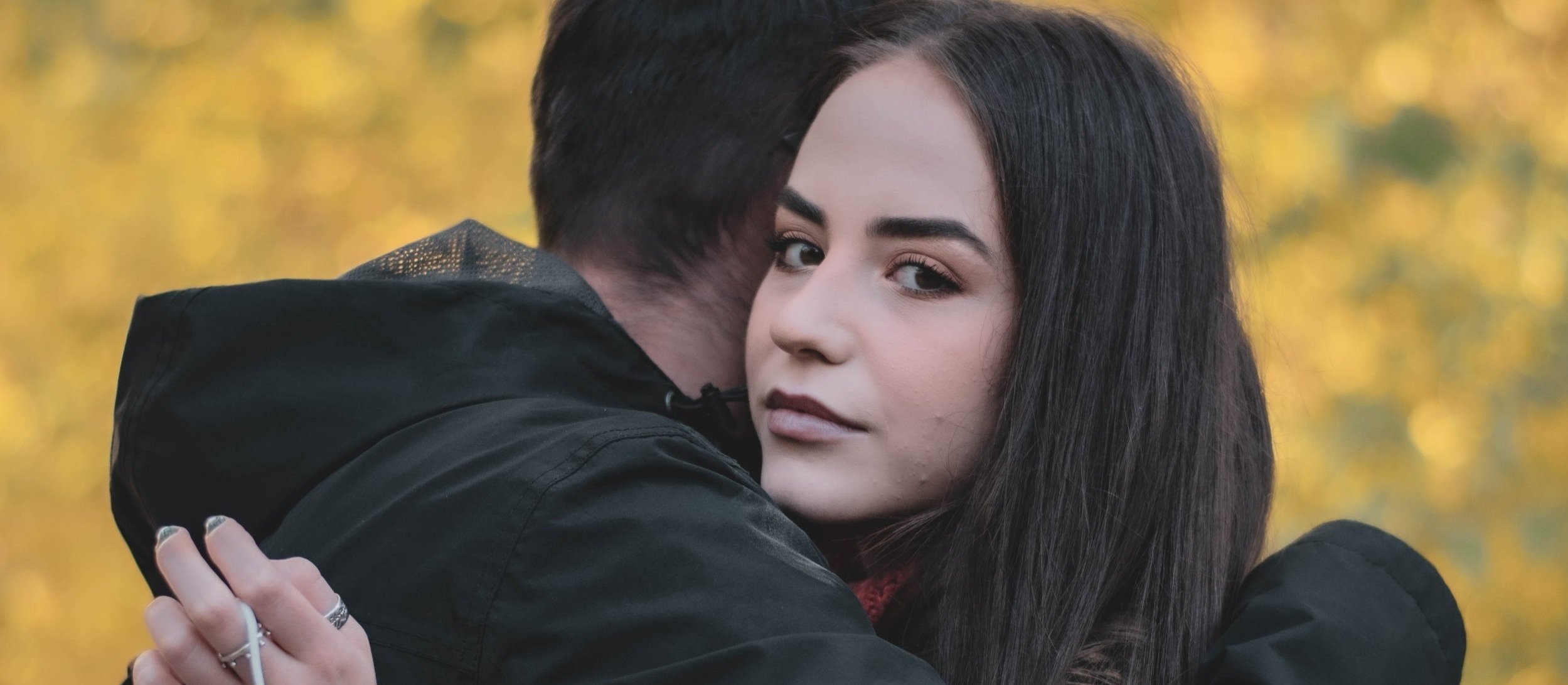It was announced recently that consent education is to be mandated nationally in Australia. At Real Talk we are relieved over this result and eagerly anticipate the rollout in the Australian Curriculum in 2023. Whilst Australia lags behind some countries on the mandating of this topic, this move is a positive step that will benefit many lives and relationships.
Congratulations to Chanel Contos who’s petition #teachusconsent helped start a wave of necessary attention on the shortcomings of current sexuality education.
As one of the few organisations teaching explicitly on consent we can attest to the massive need to teach even the basics in this area. Below we recap a blog we released last year commentating are some crucial and often missing elements of this topic.
1) START EARLY, START SIMPLE
Ask young people what they understand “consent” to mean? Many young people really don’t understand the basics, so it’s important to start here. In short, consent is an agreement. It’s a “YES,” freely given.
Education on consent should start early, ideally in primary school or earlier, long before a discussion of sexual consent begins. It starts with teaching protective behaviours and body awareness. In simple terms, “It’s MY body, I can say NO.” It involves teaching children that they should speak up when they feel uncomfortable and that it’s okay to say “no.”
Even with teenagers, keep it simple: An absence of a yes means that someone has not consented. Sexual activity without consent, or if someone is unable to consent, is harmful and against the law.
2) CONSENT AND RESPECT GO TOGETHER
There are some popular videos that make consent simple by comparing it to the drinking tea or riding a bike. These videos simplify the idea of consent, which is good, but we need to be careful not to inadvertently give young people the wrong message.
Consent is super important, but it’s not the only consideration for healthy relationships. To teach it as a stand-alone principle, or to suggest that it is “everything” or “simple”, can sometimes inadvertently steer education processes to poor decision making principles.
Put simply, if John wants to perform a sexual act on Sally, and Sally consents, this doesn’t necessarily mean this is a good idea for John or Sally. If John is in a relationship with Jenny, then getting together with Sally is probably going to cause a lot of hurt. If John is just using Sally, but he doesn’t really care about her, then that isn’t healthy either. Even when consent is present, an act can still be harmful and lacking in the dignity that both the sexual act and the people involve deserve.
Christians and many other traditions believe people have an extreme dignity. Because human beings have dignity, we deserve love. Because people deserve love, we should show respect. Because we need to show people respect, consent is super important. We show respect by prioritising consent.
When consent is taught it needs to be taught as a way to show respect – for self and for others. When consent is not understood in light of the principles of love, respect and dignity, something important is missing.
3) WE NEED TO EDUCATE ABOUT PORNOGRAPHY
If we want to teach about sexual consent, it’s essential that we are also educating young people about the dangers of pornography. Almost every young person is exposed to pornography and usually long before they become sexually active.
Pornographic material almost always misrepresents the concept of consent or lacks it entirely. In porn, sex is separated from intimacy, people are treated like objects, and unhealthy gender imbalances are reinforced. It is by far the most corrosive curriculum for sexual relationships, but the research tells us that it has become the dominant educator on sexual matters. Pornography is being consumed weekly by most Australian young people.
4) CULTURE CHANGE TAKES TIME
As a country, we have recognised recently that we need to start the conversation and improve education on the topic of consent. However, culture change takes time.
In the absence of healthy rites of initiation, fumbling your way through early sexual encounters has almost become a rite of passage in our culture.
A few years ago, Rugby League player Sam Thiaday was interviewed after his team’s win in a State of Origin match. When asked about the match, he said, “It was a bit like losing your virginity, it wasn't very nice, but we got the job done." This is the kind of role model our young men are looking up to. We must continue to unwind the cultural portrayal of sex and the pernicious masculine mindset that exists around casual sex, sexual initiation and entitlement.
In addition to this, we need to acknowledge that young people are sexually curious and deep down, they just want to belong. They want to do what they think their peers are doing, and todays social media is peer pressure on steroids. Throw in porn, hormones, alcohol and drugs, and the waters of consent have been totally muddied.
Millions of young people are swimming in a sea of confusion. Let’s make sure we don’t just finger point. It’s time to clean up the ocean.
5) WE NEED TO BE EMPATHETIC LISTENERS WHEN CONSENT ISSUES ARISE
When issues like consent become hot topics of discussion, it can be easy to forget about the individuals whose lives have been profoundly impacted by consent issues and sexual abuse. When confronting this topic, we need to always remain people-focused and be empathetic listeners.
The positive side of the last couple of years (including Grace Tame being the 2021 Australian of the year) is that people’s stories are finally getting heard. We need to listen. In our work, members of the Real Talk team have heard many of these stories. We know firsthand how it changes you to hear a person tell their story and to see the impact it has had on their lives. Being heard is just the beginning of a person’s healing journey. Listening provides a baseline for future education.
Right now, as a society, we stand at a crossroads. Each of us has a part to play in changing our culture around consent for the better. Compulsory consent education will be a big part of the solution. When you’re educating your young people about consent, be sure to keep these five things in mind.
Want more consent videos and resources. Click HERE!


